FMP

Fossil Group, Inc.
FOSL
NASDAQ
Fossil Group, Inc., together with its subsidiaries, designs, develops, markets, and distributes consumer fashion accessories in the United States, Europe, Asia, and internationally. The company's products include traditional watches, smartwatches, jewelry, handbags, small leather goods, belts, and sunglasses. It also manufactures and distributes private label brands, as well as purchases and resells branded products in non-FOSSIL branded retail stores. The company offers its products under its proprietary brands, such as FOSSIL, SKAGEN, MICHELE, RELIC, and ZODIAC; and under the licensed brands, including ARMANI EXCHANGE, DIESEL, DKNY, EMPORIO ARMANI, KATE SPADE NEW YORK, MICHAEL KORS, PUMA, TORY BURCH, Skechers, and BMW. The company sells its products through company-owned retail and outlet stores, department stores, specialty retail stores, specialty watch and jewelry stores, mass market stores, e-commerce sites, licensed and franchised FOSSIL retail stores, and retail concessions, as well as sells its products on airlines and cruise ships. As of January 2, 2022, it operated 370 stores worldwide. The company was formerly known as Fossil, Inc. and changed its name to Fossil Group, Inc. in May 2013. Fossil Group, Inc. was founded in 1984 and is headquartered in Richardson, Texas.
1.06 USD
0.04 (3.77%)

EBIT (Operating profit)(Operating income)(Operating earning) = GROSS MARGIN (REVENUE - COGS) - OPERATING EXPENSES (R&D, RENT) EBIT = (1*) (2*) -> operating process (leverage -> interest -> EBT -> tax -> net Income) EBITDA = GROSS MARGIN (REVENUE - COGS) - OPERATING EXPENSES (R&D, RENT) + Depreciation + amortization EBITA = (1*) (2*) (3*) (4*) company's CURRENT operating profitability (i.e., how much profit it makes with its present assets and its operations on the products it produces and sells, as well as providing a proxy for cash flow) -> performance of a company (1*) discounting the effects of interest payments from different forms of financing (by ignoring interest payments), (2*) political jurisdictions (by ignoring tax), collections of assets (by ignoring depreciation of assets), and different takeover histories (by ignoring amortization often stemming from goodwill) (3*) collections of assets (by ignoring depreciation of assets) (4*) different takeover histories (by ignoring amortization often stemming from goodwill)